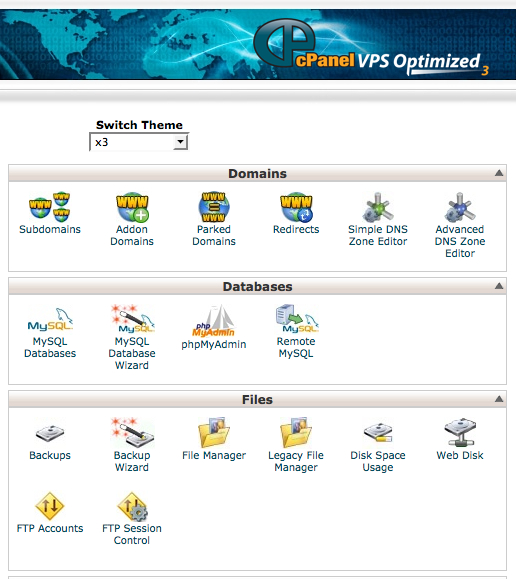There are countless types of hosting plans available, and some of these can be as low as $5 per month or even less. But what exactly is hosting, and what are you actually paying for?
Usually, those who have never owned a hosting account (and sometimes even those who do) lack a clear picture of what hosting is, since it is such a foreign concept.
Indeed, when I began experimenting with building my very first website, I read somewhere that I needed a hosting account, though at the time I had no Earthly idea what that meant or why I needed it.
Clearing Up The Mystery
A “hosting account,” on the most fundamental level, is really just rented space on a computer somewhere out there in the world, which your website uses to store its files and data, and to deliver your site content to visitors.
This computer could literally be anywhere on Earth. But the important part to understand is that you are renting disk space and other computing resources from an actual physical computer (called a server) that someone (your host or hosting company) owns and operates.
Most hosting accounts have a Control Panel that you can log into and access your website’s files, databases, and other assets. For example, when you host with us, we give you your own cPanel account, which is a popular type of Control Panel software.

The control panel piece of your hosting account (if you are granted this access by your host) is probably the most important piece of your website, even though you may not access it very often yourself.
When you make changes inside of your cPanel, you are modifying the data and behavior of the server (i.e. rented computer) that houses your site. From here, depending on your account type and access level, you can usually do things like manage email accounts, access your site’s database(s), add new domain names to the hosting environment, and even tell your domains to go and point themselves to another hosting account somewhere out there.
